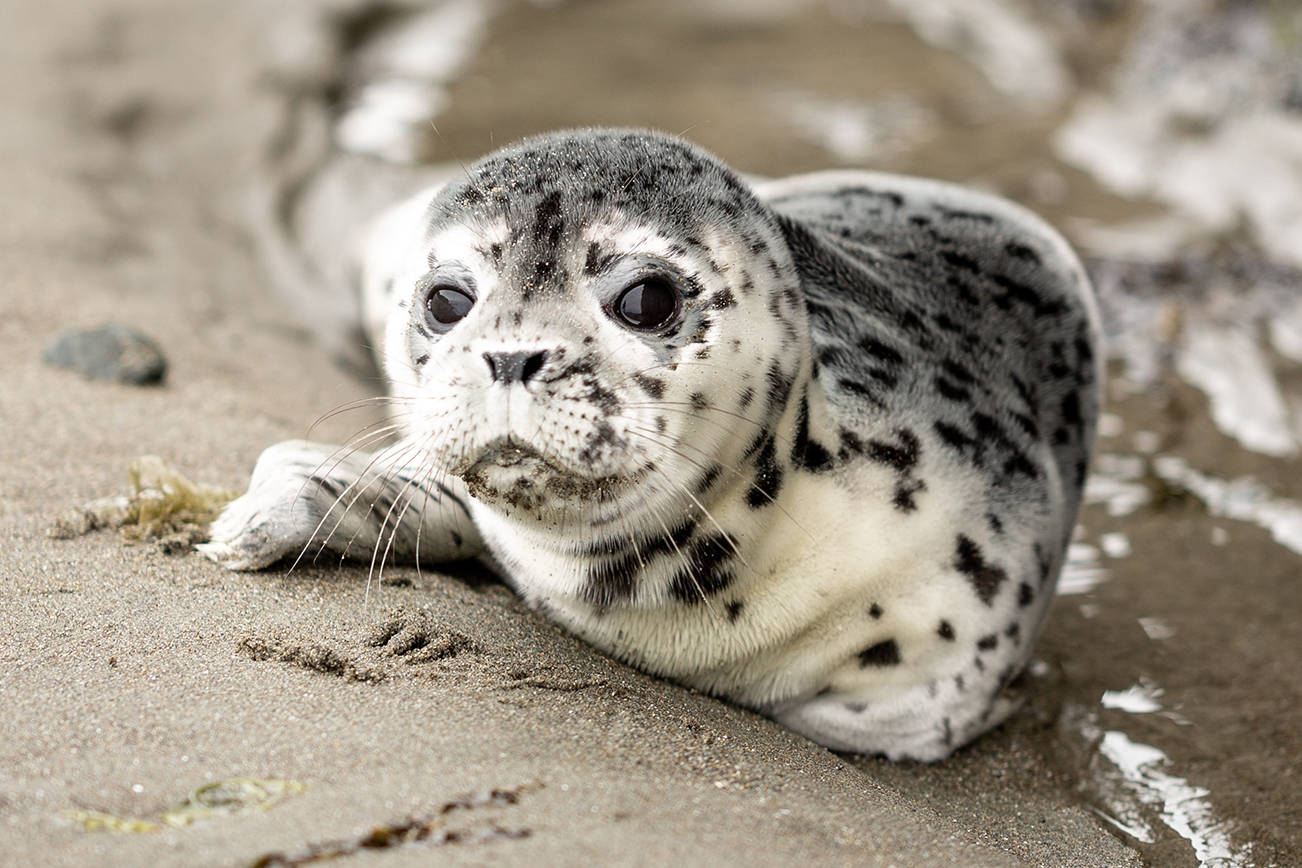Keep away from marine mammals — for both your safety and theirs.
As boaters return to the waters of the Salish Sea this year, there are two new rules they need to be aware of two new laws in place.
“Those new laws are going into full effect,” Washington Department of Fish and Wildlife Law Enforcement Captain Alan Myers said. “We’re using our best, most effective enforcement tool, which is education and outreach, to help inform the public of those new laws.”
Myers is the captain of Region 4 which extends from King County north to the Canadian border. He and four other regional representatives participated in a panel hosted by WDFW on July 23 addressing recreation and its impact on marine wildlife.
The two new laws are an expansion of the distance boaters must stay away from orcas and the speed at which they can travel in waters currently occupied by the black and white cetaceans. At the behest of the Southern Resident Orca Task Force, Legislation mandated boaters must provide a “bubble of protection” to the orcas by giving them a berth of 300 yards to the sides and 400 yards to the front and back.
“That bubble of protection is extremely important in order to keep boaters either or intentionally or unintentionally from interfering with this animal while it feeds and forages and moves about Puget Sound waters,” Myers said.
The second law is the requirement for a vessel to drop to a speed of 7 knots when within a 1/2-mile of an orca. Since this is the first year that both laws are on the books, enforcement officers are warning people on their first offense and citing more egregious cases, Myers said. Those citations can be anything from a couple of hundred dollars to thousands depending on the violation, he added.
“The whales, for the first time in a couple of years, are very, very present — especially on the west side of San Juan,” Myers said.
Myers said WDFW works with other law enforcement partners, such as the San Juan County Sheriff’s Office, to protect the marine wildlife.
“We’re having a lot of people get too close to the animals within those boundaries,” Myers said, adding that there hasn’t been an increase in citations this year, however.
“We’re very concerned about the recent report we and others have received about harassment of marine mammals in the Puget Sound,” said Greg Busch, National Oceanic and Atmospheric Administration Assistant Director of West Coast Enforcement Division.
Busch noted that sometimes people will pick up seal pups or take selfies with the animals.
“Sometimes these mothers are delaying their return because people are too close to their pups,” Busch said. “Pups are especially vulnerable.”
Port Townsend Marine Science Center Citizen Science Coordinator Betsy Carlson agreed with Busch. Her center responded to a report recently of a seal pup that humans thought had been abandoned. The humans had put the pup in a plastic bin with water, which she said was essentially torture to the baby seal.
“We’ve had more calls coming in about people interacting with stranded seal pups in the past month than we have in the last three years combined. … We do all we can to let folks know to keep their distance from these stranded animals. Give them a chance — certainly with the pups — give their mom a chance to come back,” Carlson said. “I know people are doing it because they care. Not putting them in a bin is a good start.”
While the Southern resident orcas get a lot of attention, WDFW Marine Mammal Research Biologist Dyanna Lambourn said harbor seal pups experience the most disturbances.
“Harbor seal moms are very shy and wary,” Lambourn said, adding that if the mothers sense a danger on the land they’ll go into the water, leaving the pups behind. “Harbor seals will not come back for their babies until that perceived threat is gone.”
Lambourn explained that it’s best to avoid known harbor seal rookeries and haul outs as to not disturb the creatures. She said it’s really important for moms and newborn babies to bond in the first half-hour of the pup’s life.
“We try not to issue citations but it depends on the circumstances,” Busch said. “It is unique that we would be issuing citations.”





